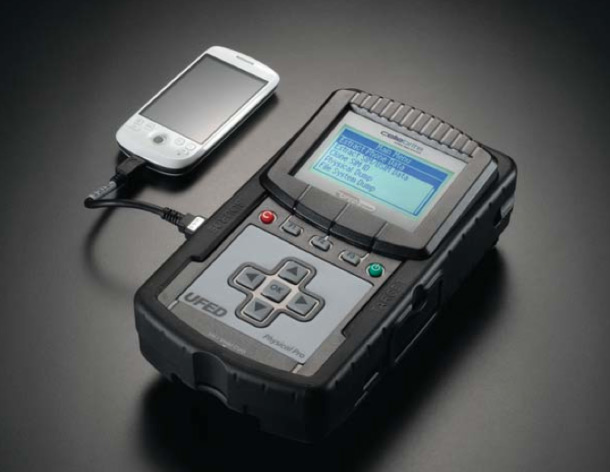| ACLU: Michigan cops stealing drivers' phone data Cnet
News | April 19, 2011
The Michigan State Police have started using handheld machines called "extraction devices" to download personal information from motorists they pull over, even if they're not suspected of any crime. Naturally, the ACLU has a problem with this. The devices, sold by a company called Cellebrite, can download text messages, photos, video, and even GPS data from most brands of cell phones. The handheld machines have various interfaces to work with different models and can even bypass security passwords and access some information. The problem as the ACLU sees it, is that accessing a citizen's private phone information when there's no probable cause creates a violation of the Constitution's 4th Amendment, which protects us against unreasonable searches and seizures. To that end, it's petitioning the MSP to turn over information about its use of the devices under the Freedom of Information Act. The MSP said it's happy to comply, that is, if the ACLU provides them with a processing fee in excess of $500,000. That's more than $100,000 for each of the five devices the MSP says it has in use. The ACLU, for its part, says that the fee is odious, and that a public policing agency has a duty to its citizens to be open. "This should be something that they are handing over freely, and that they should be more than happy to share with the public--the routines and the guidelines that they follow," Mark Fancher, an attorney for the ACLU, told Detroit's WDIV. As of yet there's no suit, but one is likely if the MSP sticks to its proverbial guns and refuses to hand over information about how it's using the cell phone snooping devices, without being first paid off. If litigation does come, the outcome may set a precedent that would have far-reaching effects, and might make a device that most of us carry a pocket battleground in the war of digital privacy. |
